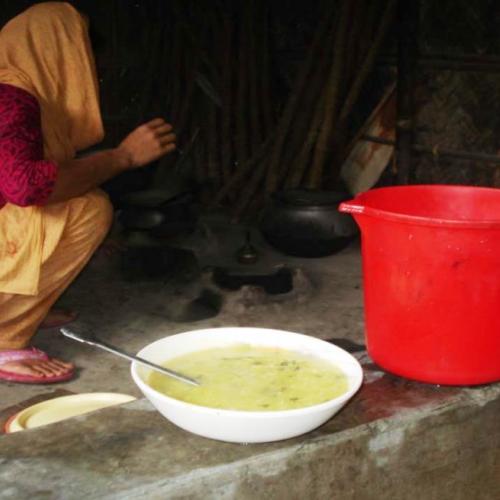International Centre for Diarrhoeal Disease Control, Bangladesh
The International Centre for Diarrhoeal Disease Control, Bangladesh (ICDDR,B) is a leading international public health research institution located in Dhaka. It is dedicated to saving lives through research, treatment and training, and it addresses some of the most critical health concerns facing the world today. In collaboration with academic and research institutions across the world, it strives to develop the evidence necessary to change practice and to influence health policies. Throughout it’s 50 year history, ICDDR,B has continued to focus on developing low cost interventions targeting the country’s poor. Our expertise and proximity to the health challenges associated with urban and rural poverty, allows for cutting-edge research that is relevant, rigorously tested and scalable in resource-limited settings.
ICDDR,B's multi-disciplinary teams of scientists work in the developing world, and collaborate with international academic, research, and development partners as well as governments, to develop and share knowledge surrounding global lifesaving solutions. The institution’s key research themes are child and adolescent health, communicable diseases, control of chronic diseases, equity and health systems, food and water-borne diseases, HIV/AIDS, nutrition and food security, population urbanisation and climate change, reproductive health and vaccine sciences.
SHARE formed a partnership with ICDDR,B in 2010 to generate rigorous and relevant research for use in the field of sanitation and hygiene for equity. ICDDR,B was involved in a range of SHARE-funded projects exploring issues including: contamination of tubewells, complementary food hygiene, safe distance of groundwater sources from nearby pit latrines, and contamination of commuters' hands.



